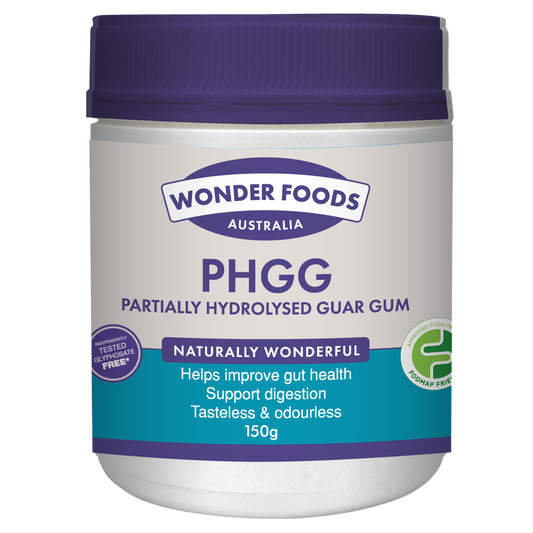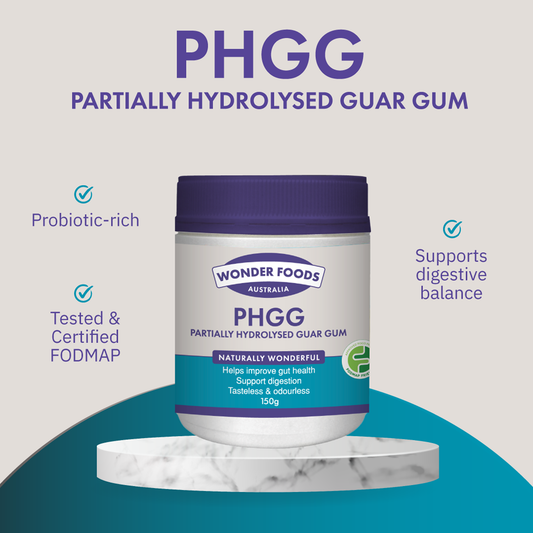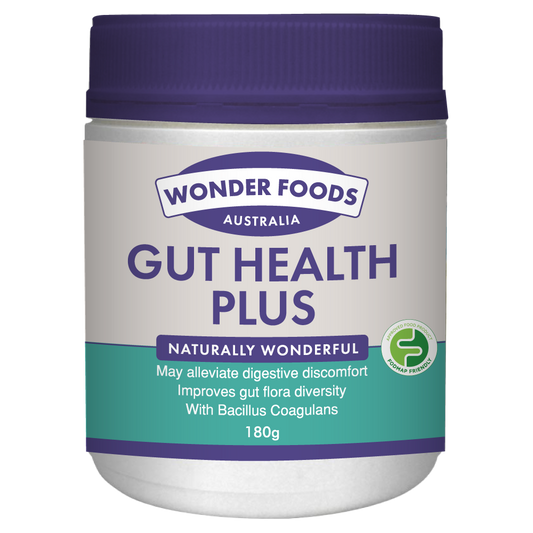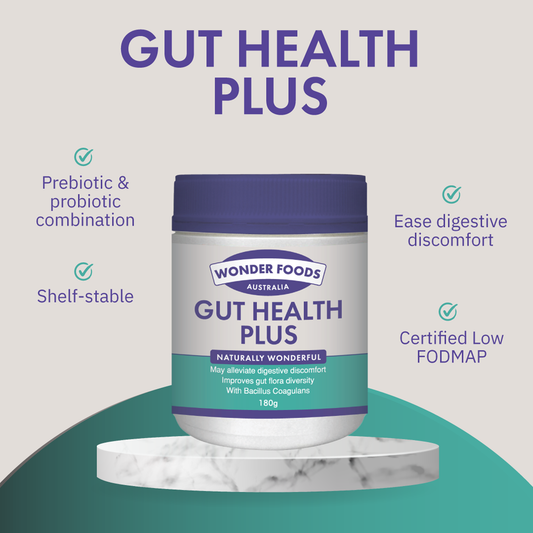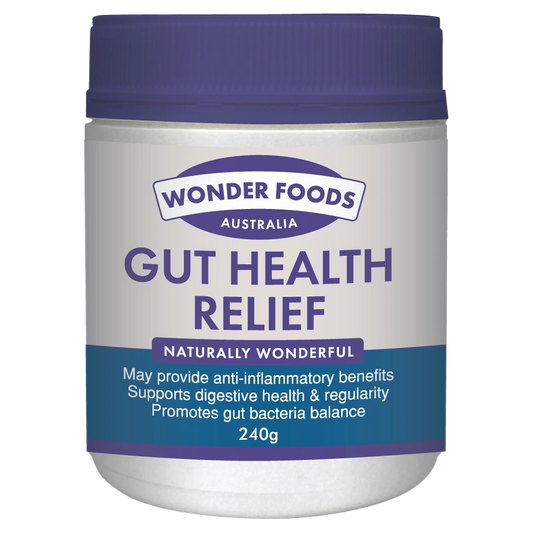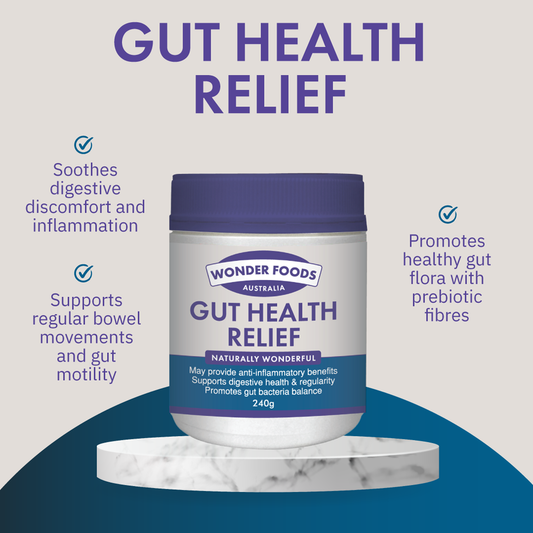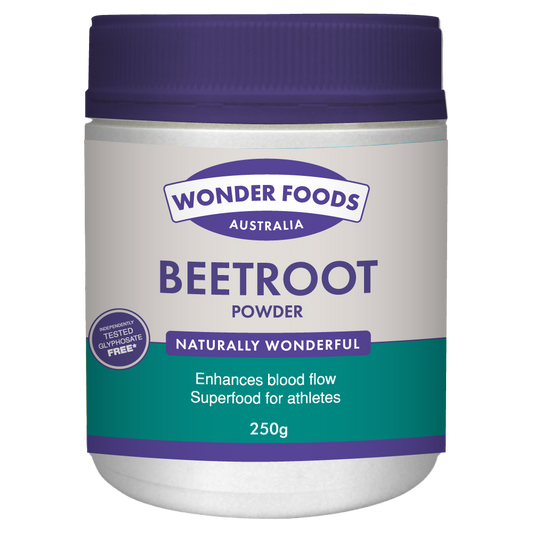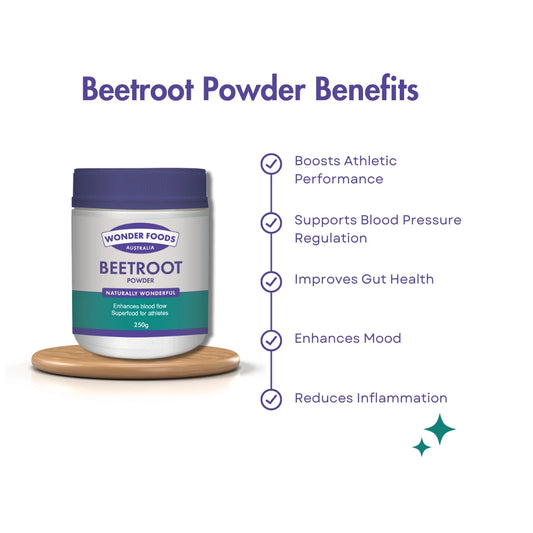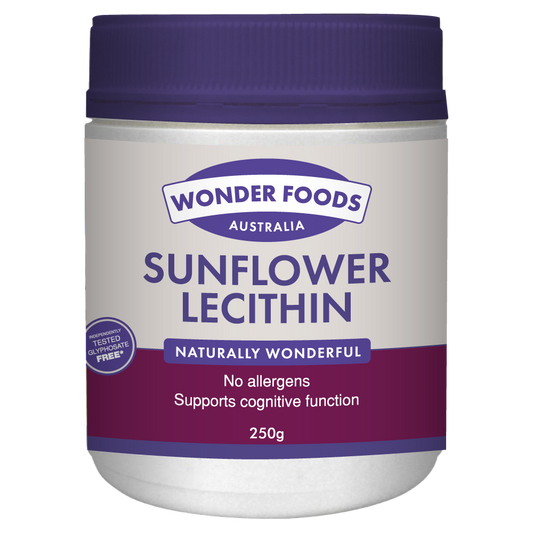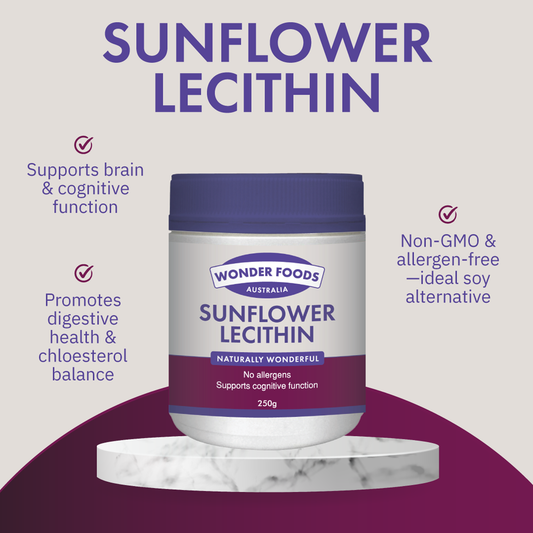
Elimination Diet - FAQ
What is an Elimination Diet?
An Elimination Diet, also known as Exclusion Diet, is a diagnostic procedure used to identify foods that you cannot consume without adverse effects.
Adverse effects may be due to food allergy, food intolerance, other physiological mechanisms, or a combination of these.
How long does the Elimination Diet take?
You're not removing all these foods from your diet forever, but you do need to remove them for enough time to allow your body to respond.
Many Health Practitioners recommend to remove a certain set of foods for a period of time, say four to eight weeks.
Problems with an Elimination Diet
Low-carb and elimination diets like keto or carnivore can make you feel better, you skin health may even improve, but that relief and improvement can be misleading.
While these diets have their place, they are often seen as a catch-all solution rather than a tool to address specific health issues.
However, problems arise when people rely solely on these diets without digging deeper into the real reasons behind their health issues, especially when it comes to digestion.
One major problem occurs when people try to reintroduce foods after following an elimination diet, only to find the same symptoms resurface.
This happens frequently, and it’s a clear sign that something deeper is going on.
Often you can have microbiome imbalances to blame.
The microbiome—the collection of trillions of microbes in your gut—is crucial for breaking down carbs, including fibre and resistant starches.
These microbes feed on undigested carbohydrates through fermentation, producing short-chain fatty acids (SCFAs) like butyrate, acetate, and propionate.
These SCFAs help regulate inflammation, support digestion, protect against harmful microbes, and keep the gut lining strong.
When the gut's microbiome is out of balance (a condition called dysbiosis), carb digestion suffers.
This leads to poor fermentation, disrupted motility, and a drop in SCFAs, causing uncomfortable symptoms like gas, bloating, and irregular bowel movements.
But it's not just dysbiosis that messes with digestion.
Conditions like Leaky Gut Syndrome can also play a role by damaging gut cells, disrupting motility, and allowing harmful microbes to thrive.
Bacterial or fungal overgrowth in the small intestine (SIBO), as well as inflammatory conditions like IBS or celiac disease, can have similar effects.
In these cases, diets like keto, carnivore, or low FODMAP can be incredibly helpful.
By reducing carbohydrate intake, you lower fermentation, gas production, and inflammation, which often leads to feeling much better.
Health Practitioners report about a 75% improvement in their patient's symptoms just from these dietary changes alone.
However, while these diets can bring short-term relief, they’re unlikely to fully resolve deeper issues like SIBO, dysbiosis, or IBD.
That’s why the relief they provide is often only temporary.
In fact, using elimination diets as a long-term solution can sometimes make things worse.
These diets may starve beneficial gut bacteria that rely on carbs, leading to decreased SCFA production, reduced microbiome diversity, and a weakened gut lining—all of which can create a perfect environment for harmful microbes to thrive.
While cutting carbs may provide some much-needed symptom relief, it often doesn’t fix the root cause of carb intolerance.
It is important to address the underlying issues—e.g. leaky gut, microbial overgrowth, and inflammation—while gradually reintroducing carbs once those problems have been dealt with.
This isn't to suggest Elimination Diets aren't sueful.
On the contrary, they can be an essential tool for resolving gut issues.
But relying on them long-term without addressing the root causes can lead to bigger problems down the road.
In fact, Health Practitioners often report that those patients who stuck with Elimination Diets for too long ended up with more severe microbiome imbalances, reduced SCFA production, lower gut diversity, and higher rates of intestinal permeability.
If you’re going to use elimination diets, make sure you’re also addressing the underlying causes of your symptoms, not just masking them.
Disclaimer:
The information provided in this post is intended for educational purposes only and is not meant to replace professional medical advice, diagnosis, or treatment. Always seek the guidance of your doctor or other qualified health professionals with any questions you may have regarding your health or a medical condition. Elimination diets and other dietary changes can have significant impacts on health, and it's important to consult with a healthcare provider before making any drastic changes to your diet, especially if you have pre-existing health conditions. The results discussed may not be typical, and individual outcomes may vary.



